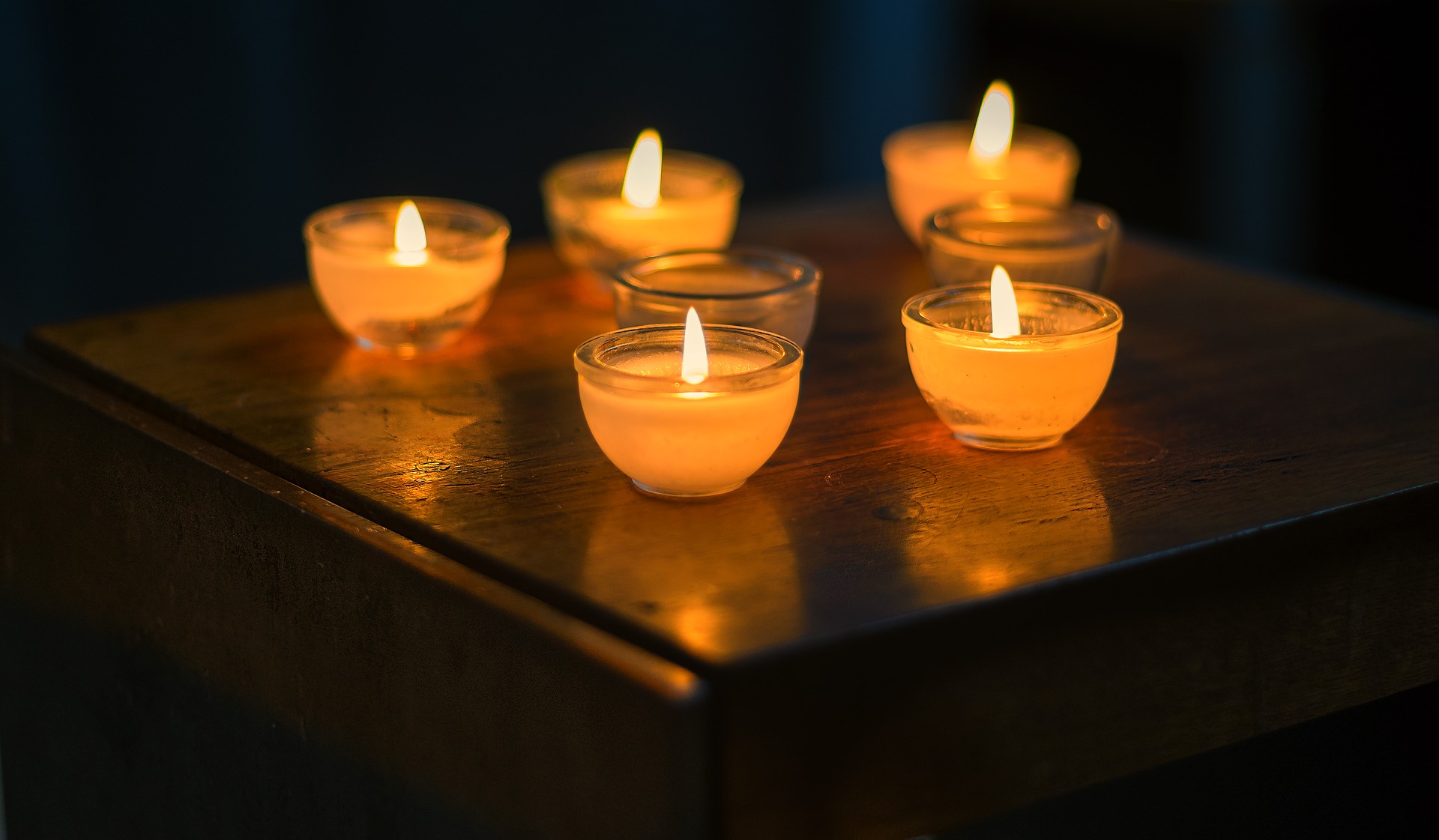How to Create a Nighttime Routine

I believe a good productive day starts with a good night’s sleep the night before. However, this was something I struggled with from time to time in the past.
I would stay up to watch T.V. and then have a hard time falling asleep when it was over. Or I developed a habit of working late, then I had a hard time turning my brain off when it was time to fall asleep.
Some nights, I would even get involved in conversations or projects. Not only would these talks and tasks keep me, I then found myself thinking about them when I finally did make it to bed.
The biggest thing that helped me quiet down at night was to create a nighttime routine that helps relax my body and quiet my mind.
If you’ve found yourself repeatedly up too late and/or having a hard time winding down to sleep, a nighttime routine may be exactly what you need!
Here are some elements to consider including in your very own nighttime routine.
This page does contain affiliate links, which means if you purchase something using the product links on this page, I may get a small commission. This comes at no extra cost to you and helps keep this site running. Thank you!
A start time
It may take some trial and error to figure out how long your ideal routine will take you, but once you have an idea, plan to start your routine at the same time every night. This helps create a consistent habit.
Going to sleep around the same time will also make sleep come more easily to you.
If you’re not sure where to start in the beginning, give yourself a half hour or forty-five minutes, then alter as you need to. I started my routine with an hour and I’m up to an hour and a half.
Quiet
The less noise there is, the easier it will be for your brain to calm down. Noises are distracting and the pull on your attention. You’re, of course, going for the opposite at this time of the day.
The less you hear, the less your brain be pulled to think or react. This will help your mind start to relax for sleep.
Sure, some people can fall asleep no matter what’s going on around them, but typically, a quiet environment will get your there faster and give you a better sleep.
If you live in a noisier environment, consider a fan or a white noise machine to block out the unwelcome noise.
Low lighting
Light stimulates us. Because we’re not nocturnal creatures, light is what tells our bodies it’s time for us to be awake.
Keeping the lights low while you move through your nighttime routine will help signal to your body that it’s time to get ready for bed.
If you have an overhead light, turn it off when you start your nighttime routine in favor of a lamp, candles, or other low light source.
My favorite night lighting is a salt rock lamp and fairy lights.
Soothing music
Music can have a very calming and therapeutic effect on the brain. Again, since we’re going for quiet you shouldn’t play this music loudly. It doesn’t even have to fill the room, it should just be loud enough for you to hear.
Consider choosing classical or gentle alternative music, and try to avoid anything too upbeat. Music services like Spotify and AmazonPrime Music often have bedtime or nighttime lists that can make it easy for you.
Little to no Technology
Unless you really need technology to facilitate with your nighttime routine (like with the music), avoid it. The closer you get to bedtime, the less you should look at a screen.
Screens admit a blue light that is believed to keep us awake. Try to wrap up screen time at least an hour before bed, if not sooner.
However, if you are going to be on the computer, check your tech’s display settings for a night mode. This doesn’t completely remove the blue light problem, but it’s said to minimize it.
Beyond the physical effects technology has on your body, it also has psychological ones.
Checking in on social media, keeping up with email, or reading the news can possibly give your brain negative information that may keep you up at night. You may even find yourself getting involved in an online conversation that counteracts your nighttime routine.
There’s nothing on your computer that can’t wait until morning.
If you’re afraid you may miss something truly important, let your friends and family know that they should call you after a certain point in the evenings. This way you can relax and know any information you need to know will find you.
Light yoga or stretching
It can be harder to fall asleep if your body is tense. Doing some gentle yoga or stretching can go a long way in relaxing your body. My favorite resource is Bad Yogi. There are plenty of calming and restorative class on the Bad Yogi YouTube Channel.
You can also find some nighttime yoga stretches on Pinterest. Here’s one of my favorite sequences.
Hot herbal tea
A hot soothing beverage will help calm your nervous system. Herbal tea is really the best bet at night because it doesn’t have any caffeine.
While you sip you tea, consider one or both of the following two activities.
Journaling
If anything is bothering you, now’s the time to get it out. It’s difficult to sleep if your mind is sorting through one or several problems from the day.
Journaling may not solve all your problems, but writing it all out will help your brain to process the issues better, which will, in turn, help you sleep better.
Reading
Reading an actual, physical book is a great way to help your mind calm down. It gives your brains something to focus on other than a conga line of thoughts that may end up keeping you up.
I find it’s usually best to read fiction since it likely won’t give you too many big thoughts to think about before you fall asleep, but you should read whatever you find soothing.
If you find your mind is too active to focus on what you’re reading, revisit journaling and try to write out all the thoughts that are proving to be distractions.
Sound off: What helps you wind down at night? What are your favorite nighttime activities? Tell us about them in the comments!






